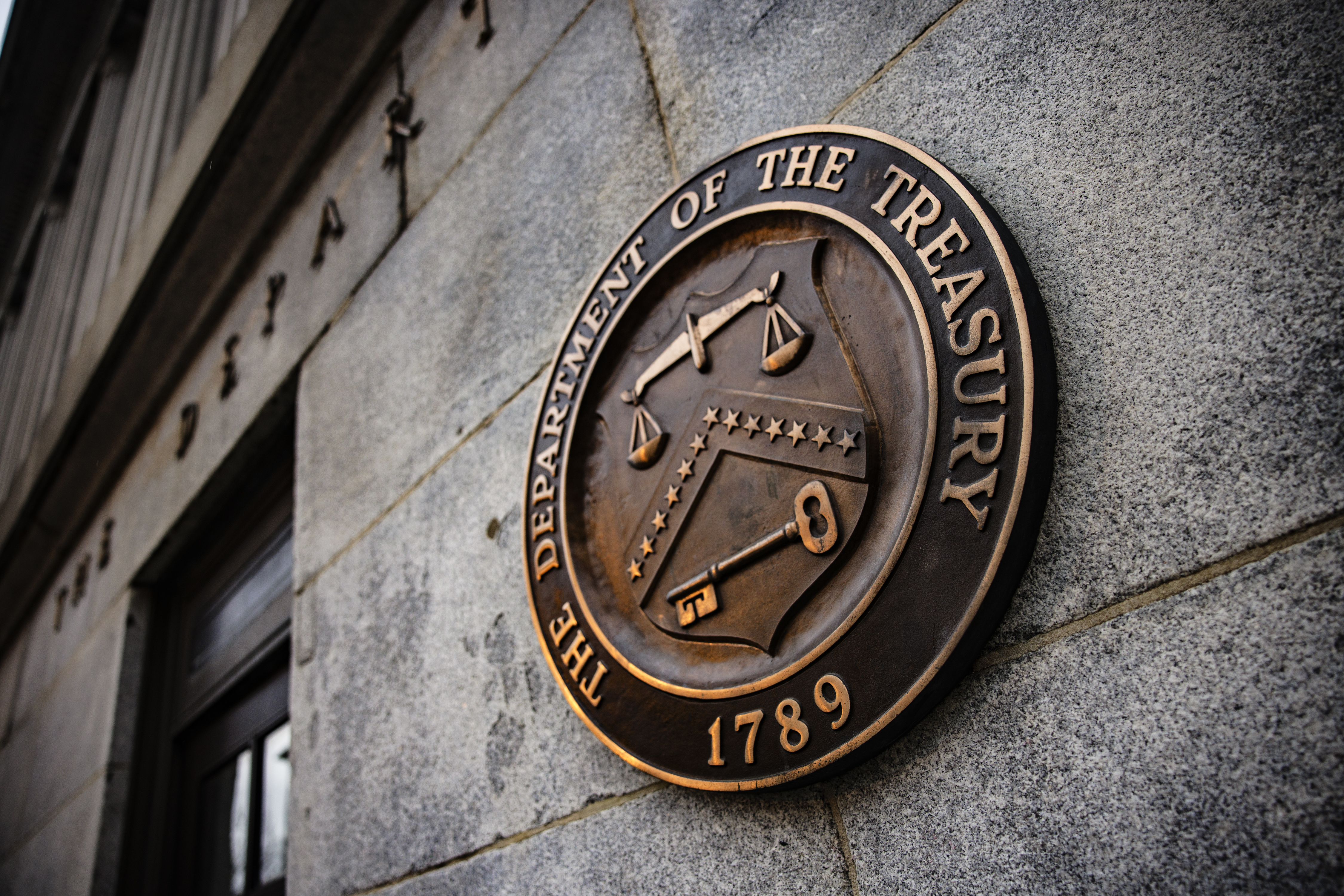The US government is at risk of defaulting on its debt obligations if Congress fails to approve a debt ceiling hike. According to a recent letter from Treasury Secretary Janet Yellen, the US Treasury Department has warned that it will only be able to pay the government’s bills until June 1 without the debt limit increase. This means that congressional Republicans and the White House must reach a deal soon to avoid the first-ever US default.
In this article, we will explore the implications of the US default, the factors contributing to it, and the potential solutions.
Implications of the US Default
The US default could have severe economic and financial consequences not only for the US but also for the global economy. It could trigger a constitutional crisis, cause serious harm to business and consumer confidence, raise short-term borrowing costs for taxpayers, and negatively impact the credit rating of the United States. It could also lead to a significant drop in the value of the US dollar, affecting the purchasing power of US citizens.
Factors Contributing to the US Default
The debt ceiling is a legal limit on the amount of debt the US government can issue. It is not a limit on government spending, but rather on the ability of the government to finance its spending. The current debt limit is $28.4 trillion, and the government has already exceeded it. The Treasury Department has been using “extraordinary measures” to continue paying its bills, but these measures will run out soon.
The COVID-19 pandemic has significantly contributed to the US debt, with the government implementing several relief packages to support businesses and individuals affected by the pandemic. These packages have led to increased spending and reduced revenues, exacerbating the country’s debt problem.

Potential Solutions
To avoid a default, Congress must raise the debt ceiling. However, the process has become increasingly politicized in recent years, with Republicans often using it as a bargaining chip to extract concessions from Democrats. The White House has urged Congress to act quickly to raise the debt limit, warning that any delay could have severe consequences.
Some analysts have suggested that the Treasury Department could access June 15 quarterly tax payments and new borrowing measures that become available on June 30 to delay a default until August. However, this is not a long-term solution and would only postpone the problem.
Conclusion
The US government is at a critical juncture, and the clock is ticking. The potential consequences of a US default are severe, and urgent action is needed to prevent it. Congress must set aside partisan politics and act in the best interest of the American people to raise the debt ceiling and avoid a catastrophic economic and financial crisis.




